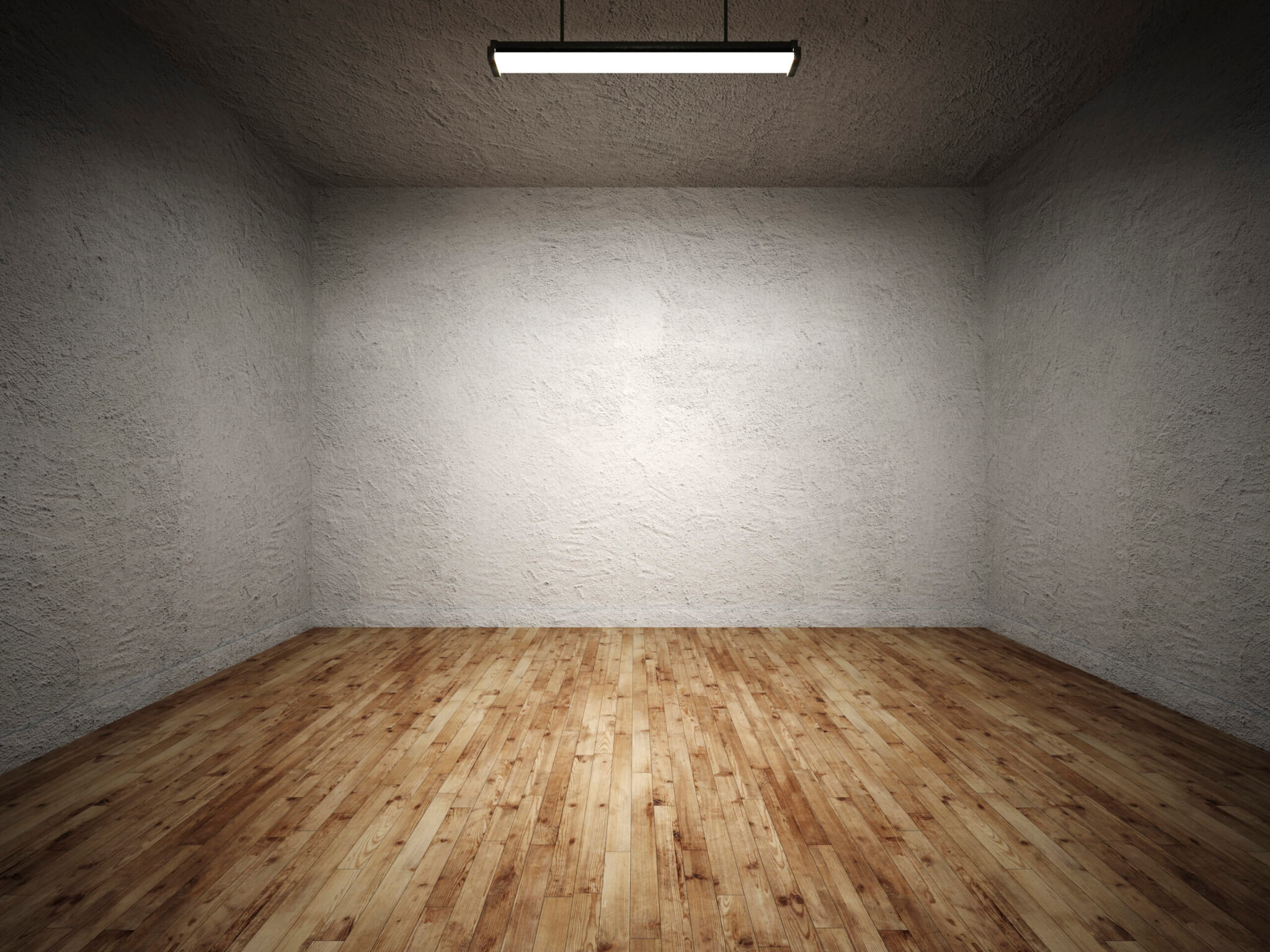
Big brother wants to tax owners for not using their properties for the greater public good, but a lawsuit challenging San Francisco’s vacancy tax steams forward.
![]()
Owners of multifamily buildings in San Francisco with empty units who are not aligned with the city’s policy of increasing affordable housing stock will soon be taxed, or will they?
Litigation is progressing to tell lawmakers to butt out and let landlords use their properties any way they want.
The Empty Homes Tax was approved in November 2022 by 54.5% of voters but only went into effect on January 1, 2024, with tax filings and payments beginning April 30, 2025. The measure applies to residential units in buildings with three or more apartments that remain vacant for more than 182 days in a year.
The larger the size of the unit, the deeper owners will have to reach into their wallets.
It doesn’t end there. The longer the property languishes in the eyes of regulators, the higher the bill, with owners facing a penalty of up to $20,000 by the third year of the vacancy.
Of course, property owners, their agents, and advocates expressed a concern that this law infringes on their rights to keep properties vacant. It stands to reason that if you own something, you can choose to use it or choose not to use it. But lawmakers appealing to their core constituency of renters do not agree.
A lawsuit brought by the San Francisco Apartment Association, Small Property Owners of San Francisco Institute, and the San Francisco Association of Realtors ensued to invalidate this tax, submitting that it is a governmental taking of property and in violation of the Ellis Act, among other claims.

Yet the litigation has not been tidy.
David Chiu is at the helm of San Francisco’s City Attorney’s office.
In his past roles in government and as the former leader of Tenants Together, he has been one of the most prolific authors of legislation that protects the rights of renters.
When the lawsuit commenced, Chiu’s office filed a Demurer saying that the action should not be heard because the law hadn’t gone into effect yet. It was argued that if there was no immediate harm to landlords, the plaintiffs couldn’t sue San Francisco, at least not until owners had to pay taxes.
After some legal wrangling, a judge took exception and allowed the case to move forward.
We know that these types of lawsuits move at a snail’s pace. A new court date is set for August 9 but do not expect that there will be any resolution to this litigation until the end of the 2024 tax year.
Vacancy taxes are the new darling among politicians seeking to win the favor of voters for addressing the housing crisis, even if it is ineffective, but thankfully, we have an independent judiciary that is above the political fray.
